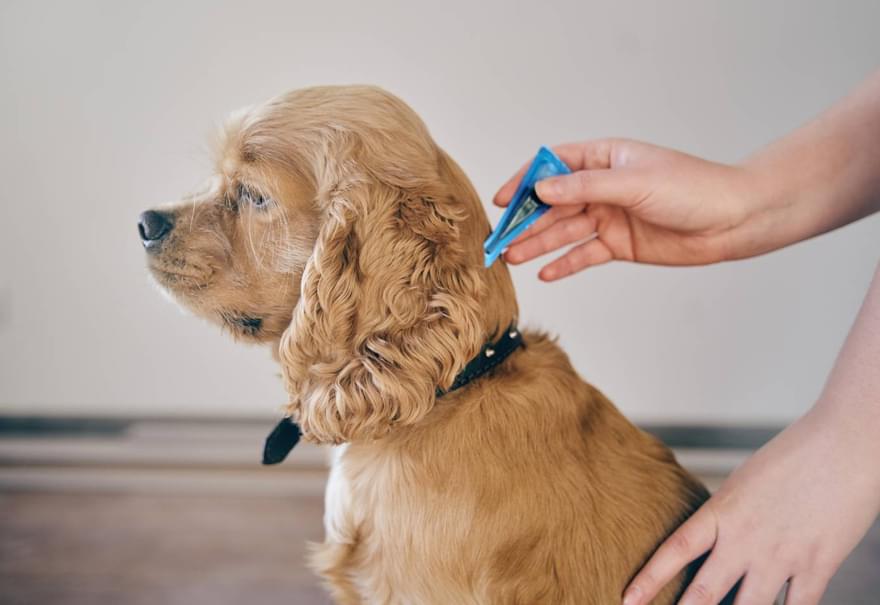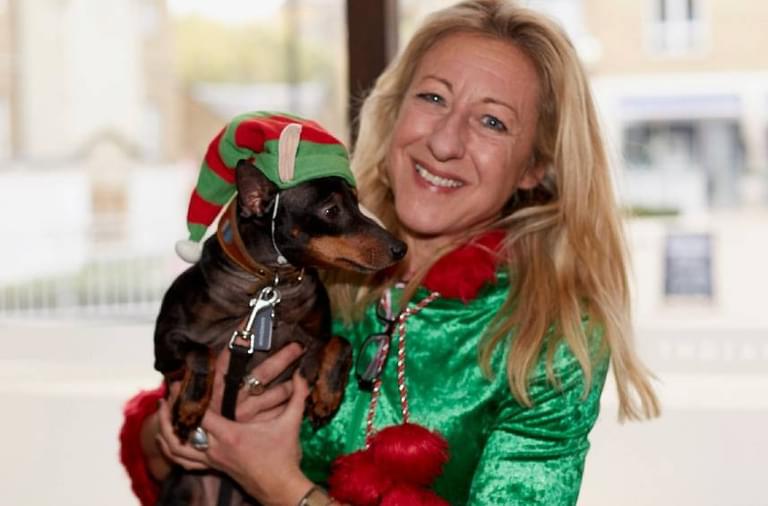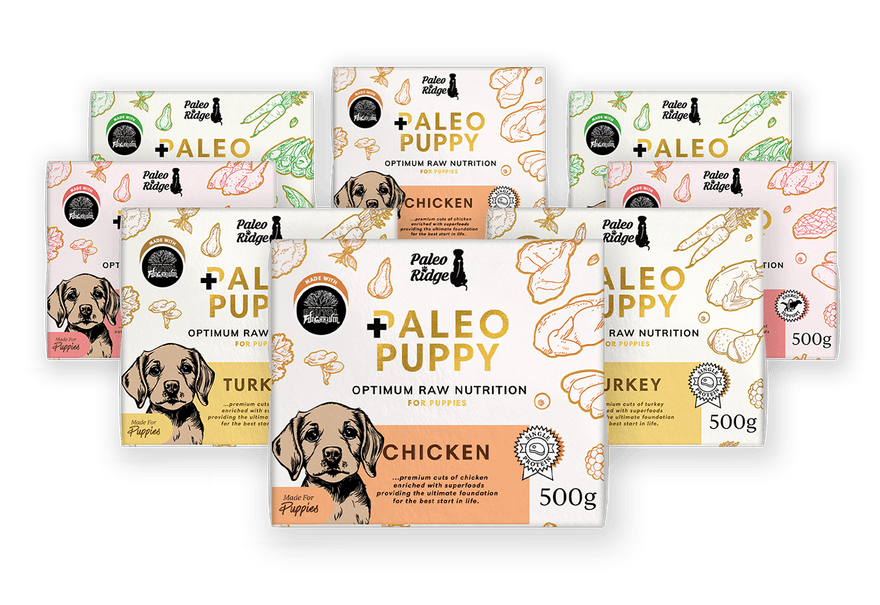The connection to cortisol levels were higher in winter and highlighted the synchronisation of stress between two different species, and the reality that stress could be contagious.
We know how stress builds over time, especially if triggered on a daily basis, whilst we can ’understand’ and compartmentalise stress, dogs cannot. What’s more, studies concur that a stressed dog can take up to 72 hours to de-stress.
As dogs don’t know it’s Christmas - the preparations: buying the festive food, the presents, moving furniture to accommodate a tree in the front room, lots of deliveries, holidays disrupting routine, visitors and the arrival of so much food can be unsettling.
Taking its toll emotionally, mentally, and physically, it’s easy to understand how dogs could ‘snap’ and bite in a situation, out of fear, confusion, or resource guarding – all of which could be avoided.
Stress affects every dog differently, but hypersensitivity, perhaps barking more, panting, yawning and pacing are tell-tale signs, or becoming territorial and protective. Be conscious to deflect, and offer alternative behaviour cues to distract and promote a sense of calm.
Think about maintaining your dog’s exercise routine, and regular diet being mindful that stress affects digestion and increases thirst, so adding some highly hydrating bone broth will help keep cortisol low.
Bearing in mind that 15% of Britain’s dogs do spend Christmas Day at an emergency-vets, minimise any risks, especially associated with the Christmas tree, a festive feature that can add a raft of stress.
Real pine trees drop their needles, which, in the right quantity, can be toxic to dogs and sometimes get lodged in dogs’ throats, causing a massive Vet emergency. Similarly, imitation trees with internal wires, synthetic tinsel, and plastic could easily combine for an expensive trip to the vet.
Male dogs could be tempted to scent mark it, while dogs that like sticks could see a huge vet opportunity presented with a whole tree in the room!
Dogs don’t know it’s Christmas, but that doesn’t mean they cannot enjoy the experience as part of the family, making it fun and safe from your dog’s point of view – so messages don’t get lost in translation.





